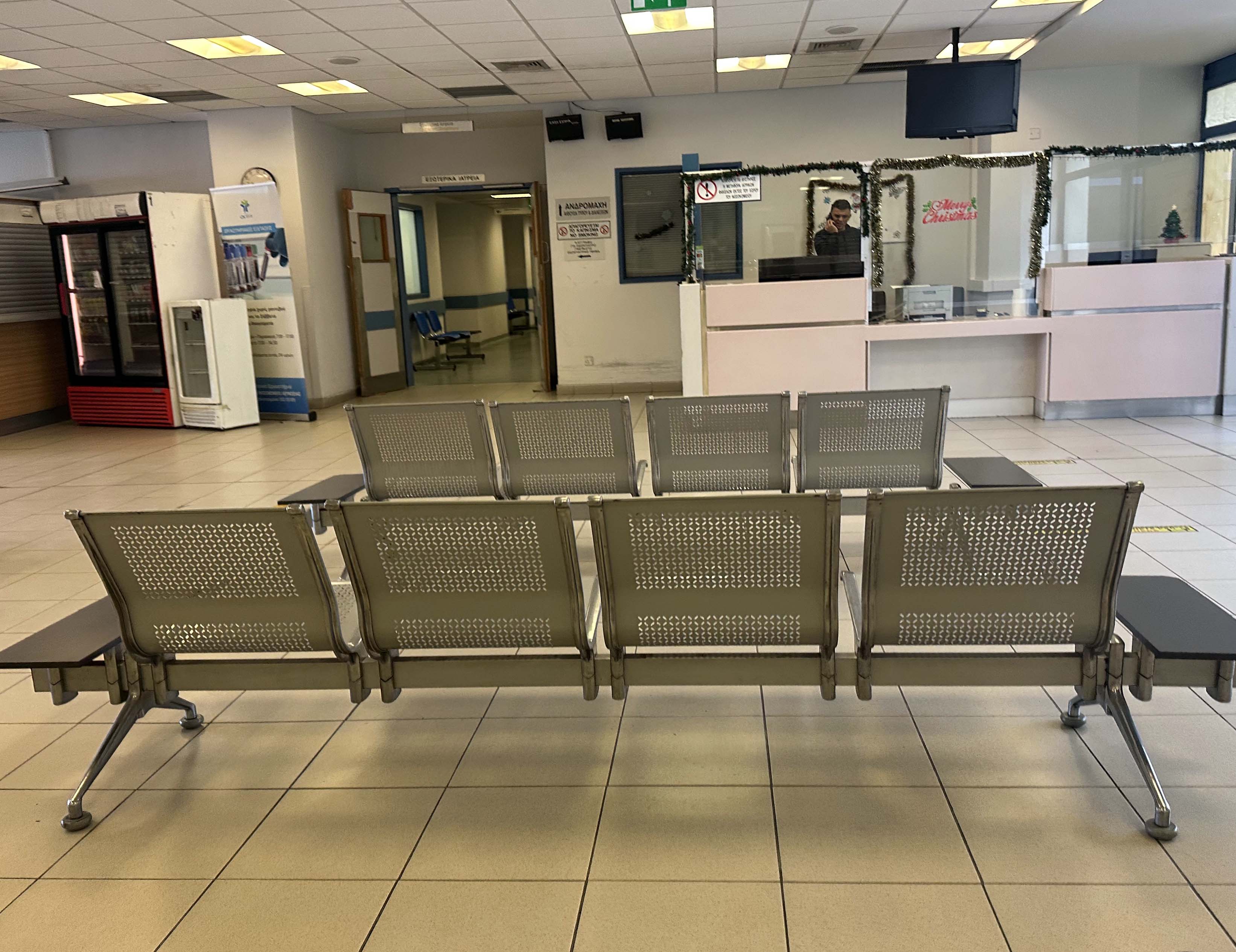
Disy leader Annita Demetriou was careful in her wording on Tuesday when she said her party was looking into a way around the decades-old contentious issue of strikes in essential services.
She seemed to be avoiding the use of the words law proposal, or legislation when talking about “institutionalising” minimum operating levels during such actions as the doctors’ strike this week.
Disy has tried the law route several times dating back to the presidency of Glafcos Clerides in the mid-nineties, to Averof Neophytou in 2016 and in 2019 to the empty threat from Nicos Anastasiades when confronted with a strike by electricity workers.
A toothless compromise was reached with unions in 2004 and included in the industrial relations code. The fact that Anastasiades resorted to a law threat 15 years later shows how ineffective the 2004 deal was. Unions just acted like it didn’t exist.
Demetriou said on Tuesday it was time to “institutionalise the measure” but it’s hard to see how without legislating, if that is the intent. Domestic political opposition plus the legal challenges would be monumental – unless the plan is dictatorial.
Striking in essential services is protected under a number of international labour conventions and even in the ECHR, though the Court has qualified that trade union freedom was not an independent right “but a specific aspect of freedom of association”.
A few EU countries like Spain, Italy and Germany have some safeguards in place but they have faced specific legal challenges. The UK last year passed a Minimum Service Levels law but it’s set to be repealed under the new Labour government.
On the other side of the argument, it’s only a matter of luck that human life, though put at risk when it comes to strikes in essential services, has not resulted in deaths, that we know of anyway.
Although emergency services and inpatient care were available in Cyprus’ hospitals throughout the strike, all scheduled operations were postponed, which will have a knock-on effect.
What’s more galling for the public is that this strike is not about struggling lowly-paid healthcare workers. Since the introduction of Gesy, doctors are probably the best-paid group of employees in the country, Hippocratic oath be damned.
The right to strike is enshrined but we’re always being told when it comes to freedoms even one as basic as freedom of speech, that freedom also comes with responsibility. Why should this principle not apply to those working in essential services as well?
Every time public servants want something, they take the population hostage as a bargaining chip, governments fall in line and the public pays in another way – out of their pockets. To allow regulation of strikes in essential services to make sure everything keeps ticking over, would take away their leverage.
Demetriou’s idea to expand the 2004 deal to set minimum operating levels has merit but without legislating, it will need the cooperation and goodwill of the political parties and the unions.
Any consensus-type deal would be likely to end up as toothless as the existing one, even if the proposal gets off the ground in any meaningful way.


